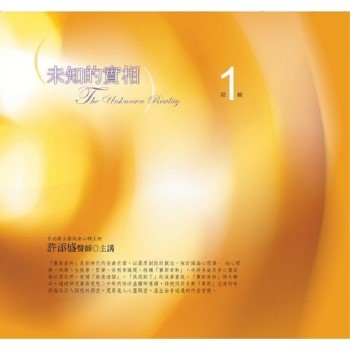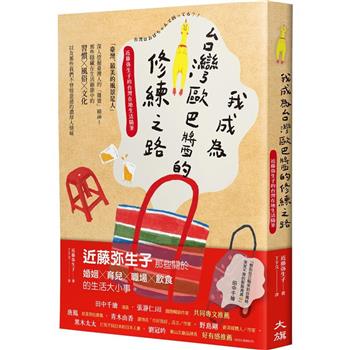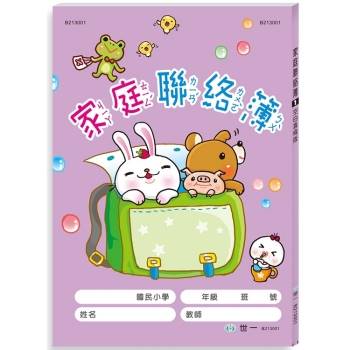Our notion of wisdom has created more problems for an already very challenging subject. We tend to label people who speak eloquently and intelligently, punctuate every sentence with wise sayings and proverbs, and embellish discourses with historical facts, sometimes at random, as wise. In other words, I am not wise if I do not load my sentences with idiomatic expressions or reference my speeches with casual historical facts! Sometimes, we consider people who carry themselves gently and diplomatically and associate discriminatingly with others as wise. Also, when someone is advanced in age and has a lot of life experiences, we automatically attribute wisdom to them. Does the position attained in life make you wise? Does wealth make you wise? Do life experiences make you wise? Does age make you wise? Do eloquence and raw intelligence make you wise? Do training and knowledge make you wise? The complex answer to these simple questions is "It depends"! Wisdom, a quality that is challenging to define due to its many variables, is often recognized when encountered. It is most apparent in the realm of decision-making. Wisdom is not just a theoretical concept but a practical tool. When properly utilized, it is a unique insight that can illuminate your thought and decision-making processes, guiding you to make choices that align with your true purpose. This practical aspect of wisdom makes it a tangible resource that can be used daily, empowering you to navigate life’s complexities. This perspective sheds light on why the Scripture in Proverbs 4:7 terms it "The principal thing"! This is so because you need wisdom to become all God has ordained for you. This book, divinely inspired by the Holy Spirit, provides practical guidelines for operating in true wisdom.
| FindBook |
有 1 項符合
Wisdom in Action: Spiritual & Practical Guidelines to Walk in the Wisdom of God的圖書 |
 |
Wisdom in Action: Spiritual & Practical Guidelines to Walk in the Wisdom of God 作者:Udoh 出版社:Outskirts Press 出版日期:2024-10-01 語言:英文 規格:平裝 / 272頁 / 20.32 x 12.7 x 1.45 cm / 普通級/ 初版 |
| 圖書館借閱 |
| 國家圖書館 | 全國圖書書目資訊網 | 國立公共資訊圖書館 | 電子書服務平台 | MetaCat 跨館整合查詢 |
| 臺北市立圖書館 | 新北市立圖書館 | 基隆市公共圖書館 | 桃園市立圖書館 | 新竹縣公共圖書館 |
| 苗栗縣立圖書館 | 臺中市立圖書館 | 彰化縣公共圖書館 | 南投縣文化局 | 雲林縣公共圖書館 |
| 嘉義縣圖書館 | 臺南市立圖書館 | 高雄市立圖書館 | 屏東縣公共圖書館 | 宜蘭縣公共圖書館 |
| 花蓮縣文化局 | 臺東縣文化處 |
|
|
圖書介紹 - 資料來源:博客來 評分:
圖書名稱:Wisdom in Action: Spiritual & Practical Guidelines to Walk in the Wisdom of God
Sermons on the Final Verses of the Song of Songs: Volume III
Devotional Comforted by God Faux Leather
Healing Together: Trauma Informed Care for Spiritually Integrated Communities
Faith in the Midst
Mediæval Mystical Tradition and Saint John of the Cross
Mediæval Mystical Tradition and Saint John of the Cross
Wisdom: Making Godly Decisions
Wisdom: Making Godly Decisions
Wisdom: Making Godly Decisions
Mr. Jones, Meet the Master: Sermons and Prayers of Peter Marshall
Devotional Comforted by God Faux Leather
Healing Together: Trauma Informed Care for Spiritually Integrated Communities
Faith in the Midst
Mediæval Mystical Tradition and Saint John of the Cross
Mediæval Mystical Tradition and Saint John of the Cross
Wisdom: Making Godly Decisions
Wisdom: Making Godly Decisions
Wisdom: Making Godly Decisions
Mr. Jones, Meet the Master: Sermons and Prayers of Peter Marshall
|











